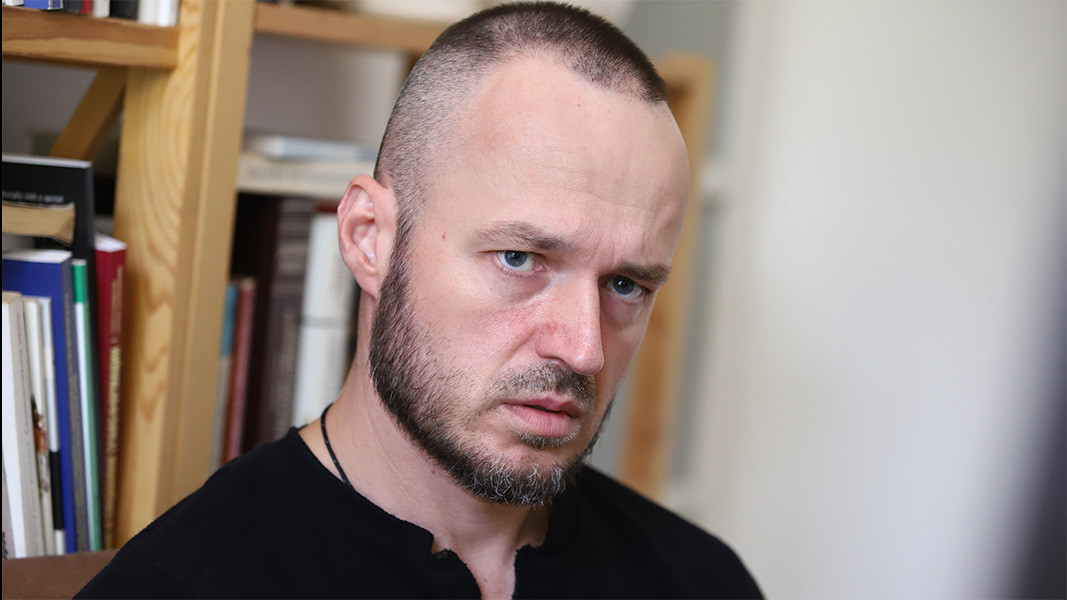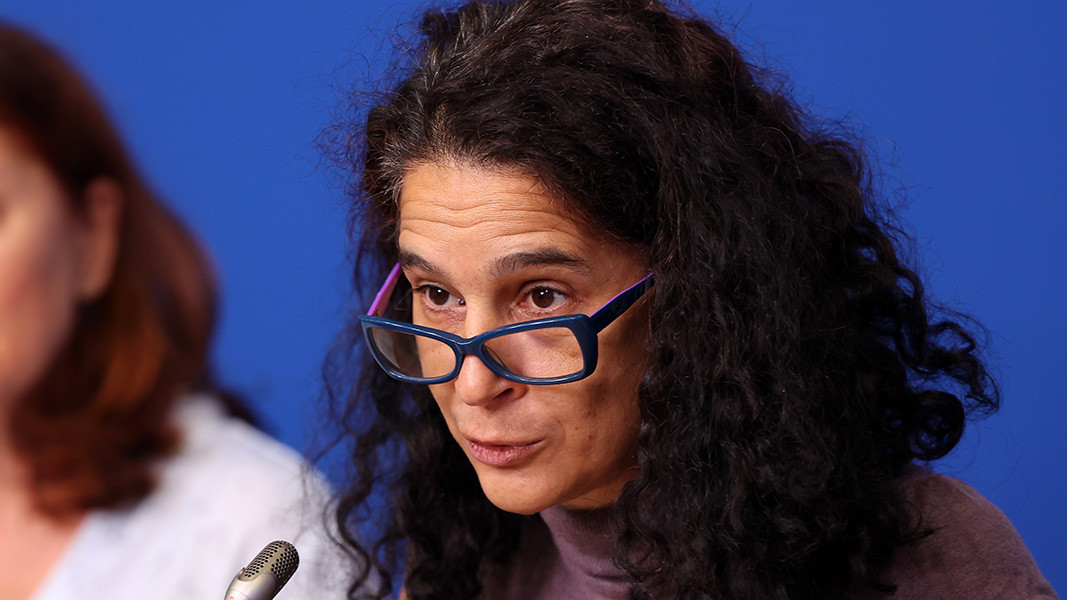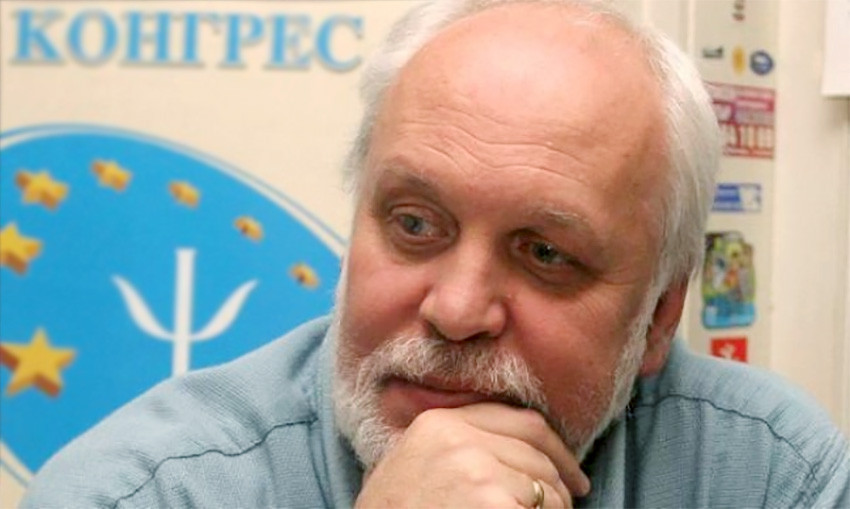The local election in Bulgaria a few days ago showed new, in places shocking levels of apathy with regard to the most important tool citizens can use to influence the political processes in the country – their right to vote according to their beliefs. And though in small towns and villages voters were more active in the election process, the results from the second round of voting in the biggest cities is symptomatic – in Sofia 34.64% of the people eligible to vote did so, in Plovdiv – 24.22%, and in Varna – 30.65%. This means the elected mayors have the support of half of a small portion of the population, and this makes them vulnerable when they try to make decisions or put through policies.
Political analyst Assoc. Prof. Stoycho Stoychev says that the low voter turnout - 44.94% in the first and 36.87% in the second round, according to data of the Central Election Commission - is due to the polarization in society, which has not peaked yet but is still higher than it was compared to the last local election – in 2019:
“It led to an all-out confrontation between two mutually exclusive alternatives, or to a feeling of disgust among some of the more moderate voters. The immediate effect of this was the extremely low voter turnout. That said, Vassil Terziev is going to be mayor of Sofia in the next four years, elected by around half of the people who went to the polls. There was a similar configuration in the other cities as well. The polarization is there to be seen. It is going to be difficult for the elected candidates themselves to build public confidence in their work as mayors.”
The conclusions from the low voter turnout, Stoycho Stoychev says, ought to be drawn by the members of parliament, because restoring confidence in the election process is in their hands – by stopping their meddling with the Election Code.“If each election campaign is rocked by last-minute changes in the technology, or in the rules, we cannot expect many of the people with a right to vote not to harbor suspicions that the election results will be a function of just these changes. The less a voting technology changes the better.”
The elections are the responsibility of the citizens, but also of the politicians, says Prof. Desislava Boshnakova, head of the Mass Communications department at New Bulgarian University. 
“Any campaign by any politician should, first, be a campaign urging people to vote, and only then – to vote for them. I myself saw nothing of this kind in the campaign. And one more thing – I have the feeling that for years everyone has deliberately been working to kill the scant trust Bulgarians have in the institutions. They killed any willingness people might have had to go out and vote.”
Trying to underestimate the voters’ intelligence always gets punished, she adds.
Psychologist Dr. Plamen Dimitrov analyses the reasons why the voter turnout was so low and the large number of voters who remained a “silent majority” in these elections. With many years of experience in this country and abroad, connected with promoting an active, competent, informed and sustained civic participation in the electoral process, Dr. Dimitrov has been making analyses of this kind in this country since the time of the very first democratic elections in the early 1990s:
“We owe the term “silent majority” to the US, but in Bulgaria it is a sign that what takes citizens’ “voice” away is the reality they come up against, the landscape of our political practices,” Dr. Dimitrov says. “What we are seeing in the latest study is that the tendencies which are hindering us from appreciating the legitimacy of the people elected are becoming chronic.”
According to Plamen Dimitrov, the choice made by the citizens is not just who to cast a ballot for, but also to not take part in the elections at all – the so-called passive resistance, an unwillingness to support a system which is not giving what one expects of it.
Nonparticipation in elections is also part of political life, says social psychologist Assoc. Prof. Nikolay Dimitrov, but goes on to point to an important difference between what causes it in this country and elsewhere in the world:
“In normal political systems this political act is regarded as a way to show the participants in the election that you are abstaining because the outcome of the vote is not particularly important to you. This is especially true of democracies with traditions. What we are seeing in Bulgaria is that voters do not see any direct benefit that voting would bring to them personally.”
Assoc. Prof. Dimitrov also analyses the reason why this time the campaign for the local election did not evoke much interest among voters:
“It was boring and pallid. All the time there were suspicions the winner was known before the final whistle.”
Interviews by Horizont and Hristo Botev, BNR
Compiled by Yoan Kolev
Translated and posted by Milena Dayhnova
Photos: Iliana Dimitrova, BGNES, BTA, BNR
Security cameras captured a bear in a residential neighborhood of the town of Karlovo a few days ago. The predator came down to the houses in the northern part of the town and walked calmly along the streets until it was startled by a passing car...
The Day of the Christian Family is an annual event that brings Bulgarians in Hamburg together. 2025 is no exception, with invitations having been circulating on social media for some time, as this year marks the 20th anniversary of the establishment of..
Kosovo is heading for early elections after nine months of failed attempts to form a government Kosovo President Vjosa Osmani has dissolved Parliament, Koha Ditore reports. This decision came after the proposed cabinet, put forward by Glauk..

+359 2 9336 661
